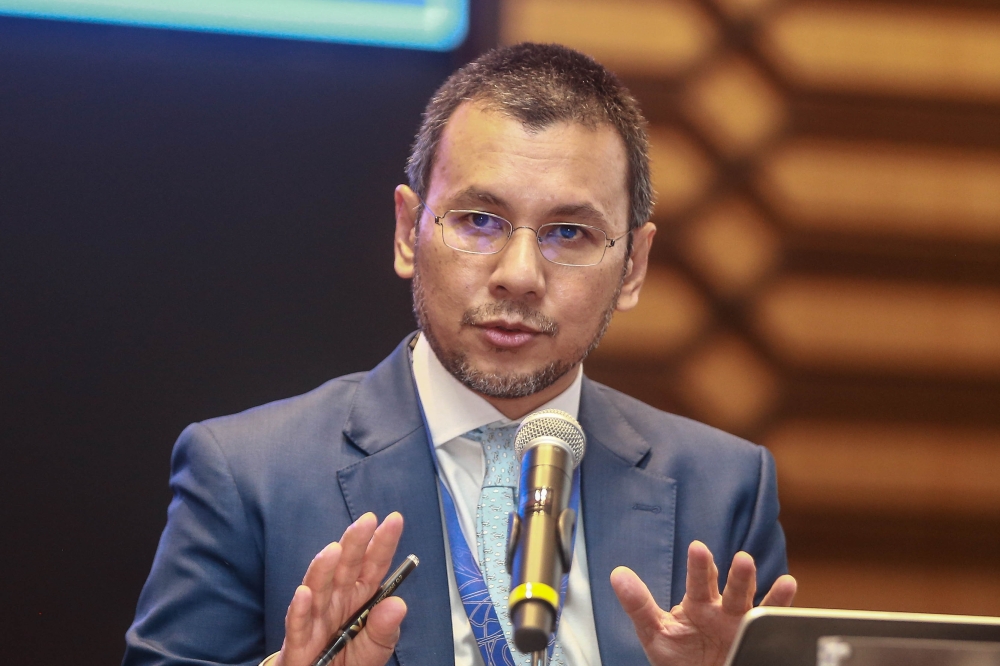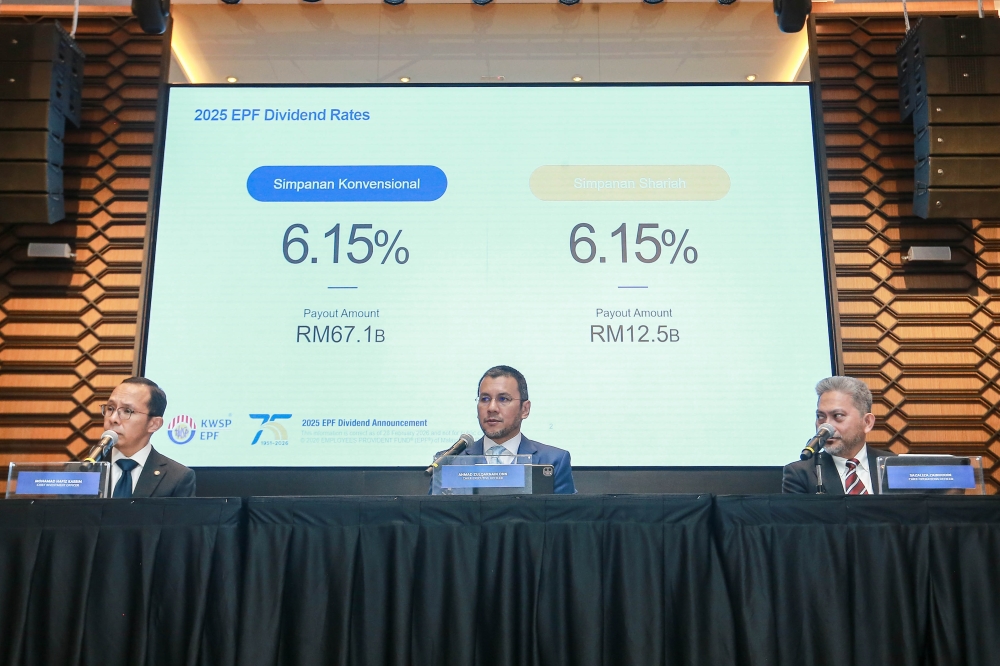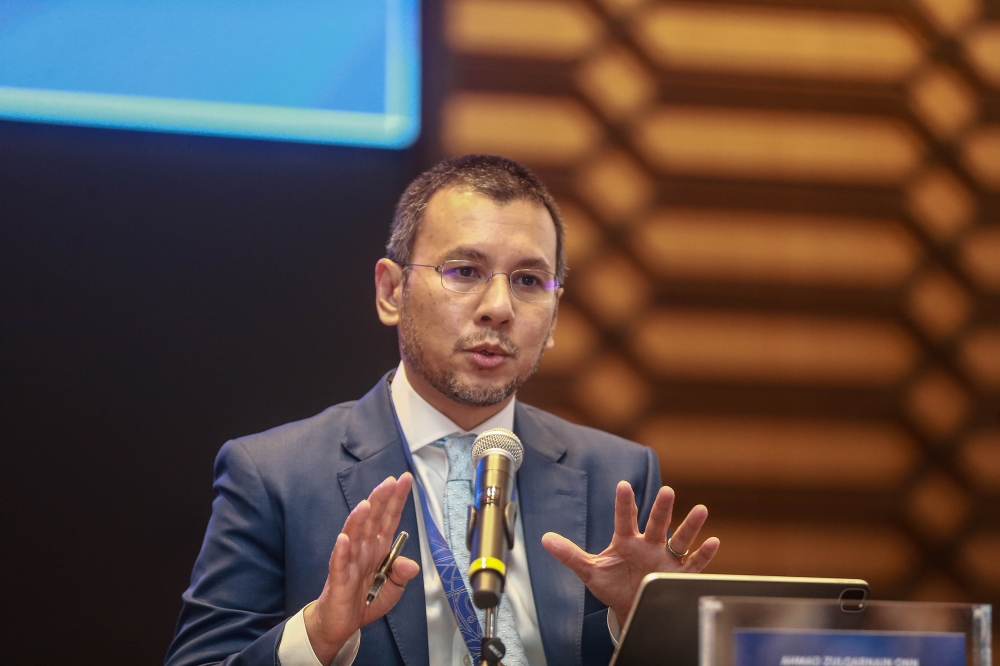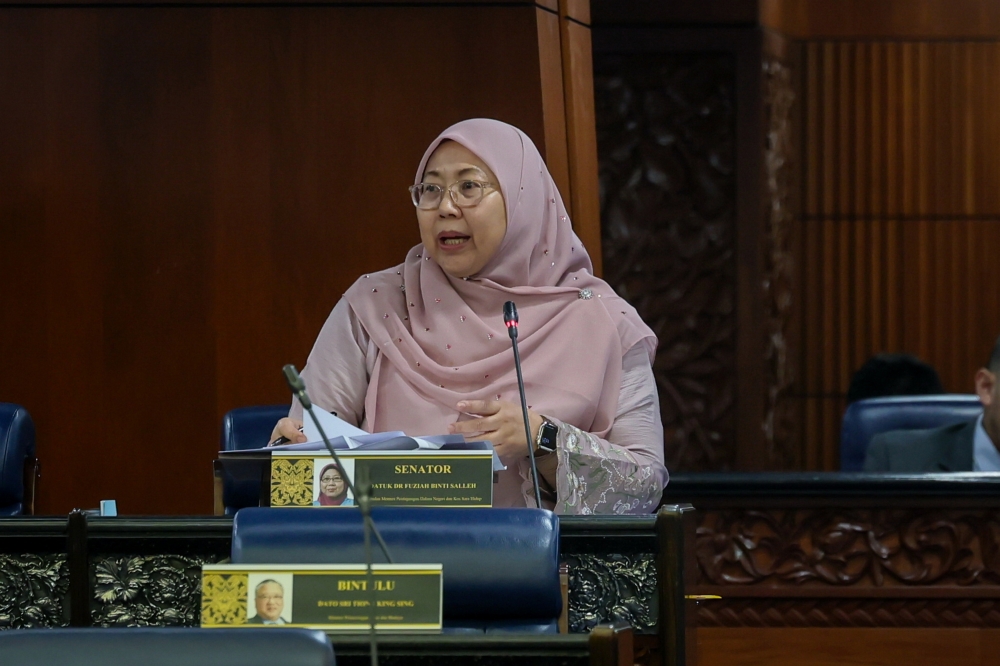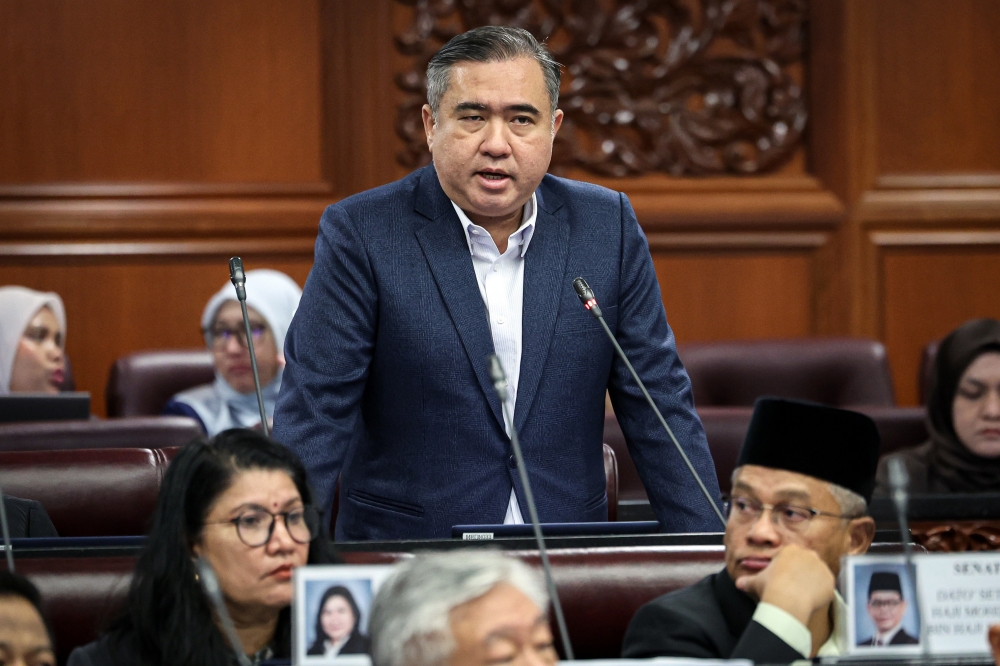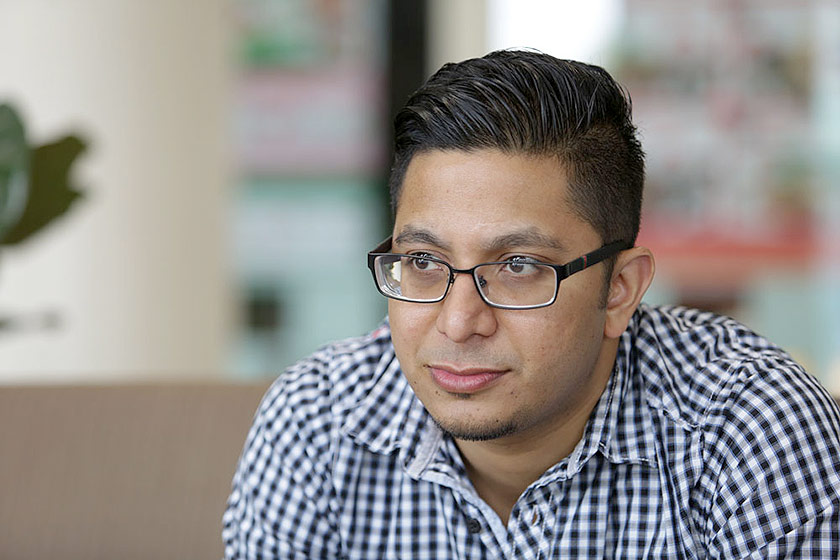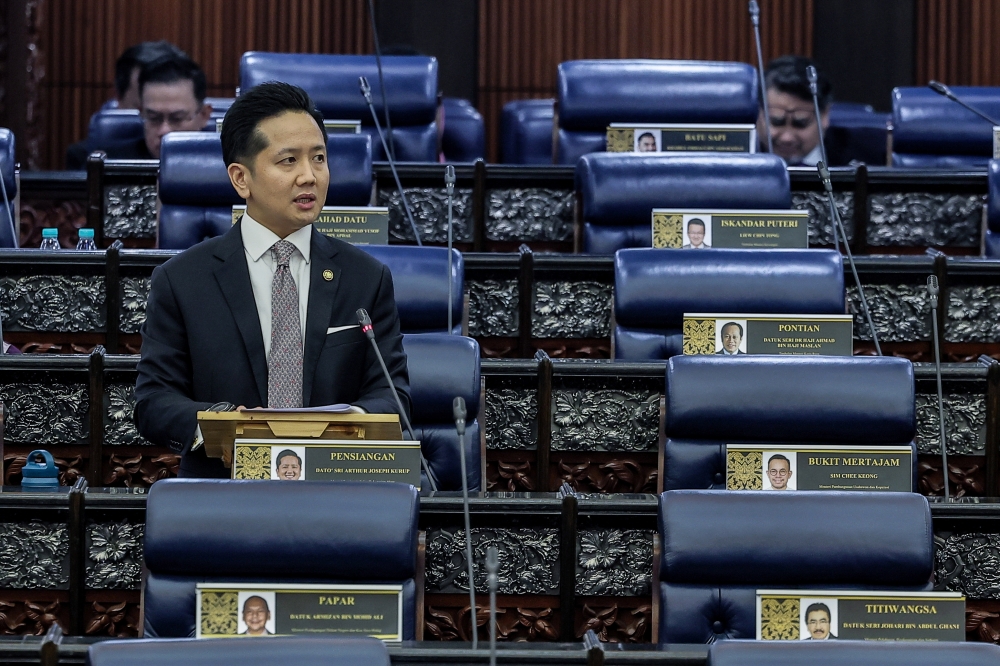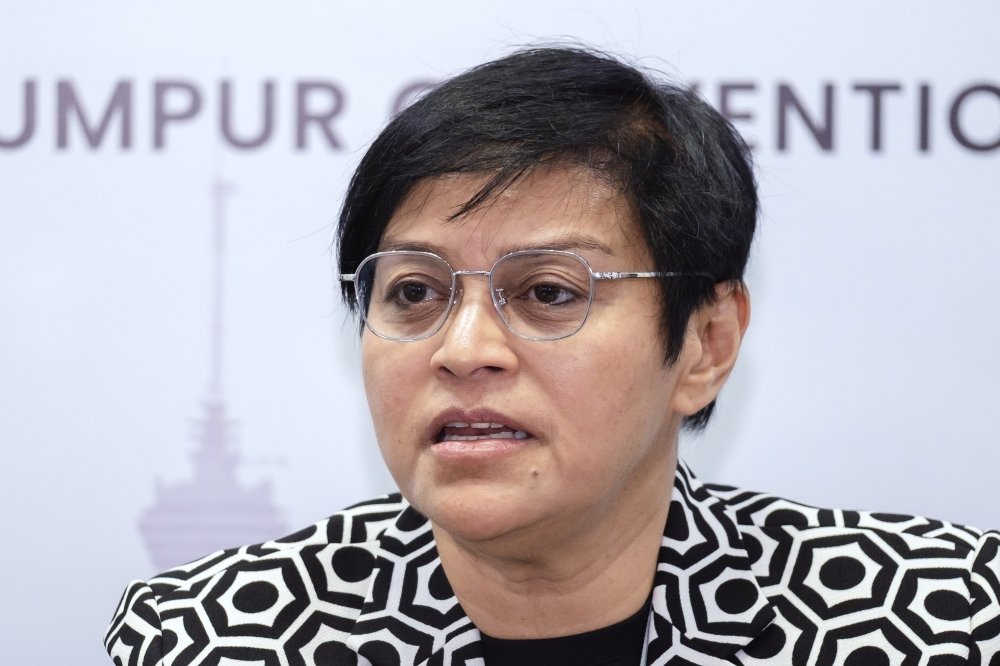KUALA LUMPUR, Nov 9 — At a glance, Faizul Ridzuan doesn’t fill the typical description of what makes a property tycoon.
The bespectacled 33-year-old blends into the crowd, has a penchant for casual get-ups that don’t cost too much and he doesn’t drive a fancy car.
But unlike most of his peers who are still struggling to save enough money to put down for their first house, the banker by trade has already signed more than 40 properties under his name over the past decade.
Starting at the age of 24 with just RM2,000 in his bank account, he eschewed the mantra of “location, location, location” and took the path less taken in the subsidiary market, where he made his ringgit stretch as far as it could.
Faizul has since written a bestseller — WTF? 23 properties by 30 — detailing his exploits in the industry, become a regular face on the property investment speaking circuit and most recently quit his day job to start a business helping others realise their property investment dreams.
In his own words, he shares his journey from salaryman to property guru:
- Poor people need to be creative. I didn’t grow up in a very well to do family. My mum was a civil servant who took early retirement, and my dad did various businesses before settling on running a car wash. I’ve always been fascinated with business and investing, and felt that property had the lowest entry point compared to the rest.
- When I started out, I had RM2,000 in the bank. I borrowed the rest through creative financing. Someone needed to buy a laptop, and I just got my credit card at that time. It came with a zero-interest payment scheme, so I offered to use my credit card and the money was parked in my bank account. Then my mum needed a new fridge which was another RM3,000, my ex-girlfriend’s (now wife) mum was planning a holiday and I offered to use my card... over four months I accumulated over RM20,000 to use for investment.
- I’m very conservative (in investing). People think I’m a huge risk taker because I buy a lot (of properties), but honestly, I spend very little money. My policy covers two things — buy properties that are undervalued, and the rent must exceed the monthly installments.
- Today’s youths, their priorites are not on savings. I worked at Starbucks for five years when I was in university. You just need to look at their phones and their clothes, and it’s no surprise they can’t save. It goes back to priorities. You could earn RM50,000, but if you spend RM50,000, it’s still not going to be enough. My first salary was RM600... you just need to tier down your expenditure according to your budget.
- The biggest culprit, which is a Generation Y problem, is the car. They think it’s a necessity, but it’s not. It’s a luxury. Just a (Perodua) Kancil will easily set you back RM1,000 a month after including fuel, toll, maintenance and monthly installments. Add in your RM10 latte, once-a-week fancy dinner... it all adds up.
- A lot of young people attach happiness to things. It’s not rocket science, if you use money to buy things, what you end up with are just things.
- When I wrote the book, I did it for fun and if I could sell 1,000 copies I’d be happy. I like to share what (properties) I buy and why I buy. I was shocked when I was told that my book outsold Tun Mahathir’s book. I was very proud of that, but I wasn’t writing to make money... I mean the profits were just RM4 per book.
(Note: WTF? 23 properties by 30 launched around the same time as A Doctor in the House: The Memoirs of Tun Dr Mahathir Mohamad.)
- Recently, I just launched the first Bumiputra-friendly portal, carirumah.com.my, which is all about disseminating the right information to property buyers. It’s the first portal to do (property) launches in both English and Malay and we started it simply because no one was doing it. It’s very simple, you’ve got a Bumi quota and you can’t run away from it. This is just to serve the market, without alienating anyone.
- It’s unfair to say that property investors, especially those who flip (sell for profit) their properties are bad people. I’d say it’s simply a matter of them wanting it more than others. It is the people who need it (houses) who couldn’t be bothered, so you can’t blame those who are willing to make the effort.
- (To invest in property) you need to be financially savvy. Second, you also need to move away from the mentality that the government has to do things for you. There are plenty of alternatives, and you need to think about necessity. Third, get yourself educated. When I started out, it cost no less than RM3,000 to attend seminars. In the last two-day event I was involved in, we only charged RM90 per head, so there are options.


